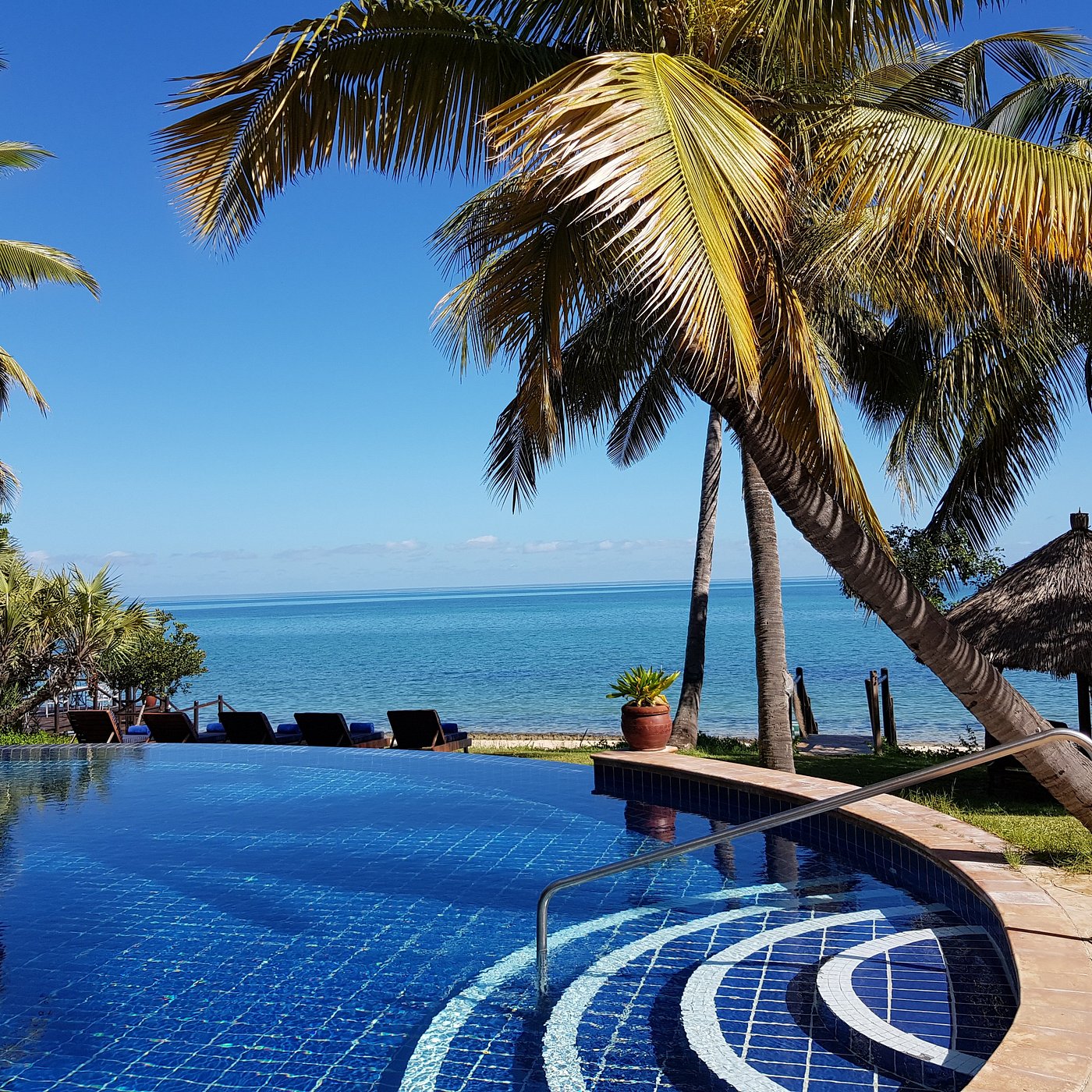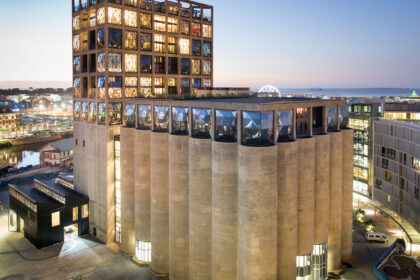At a Glance
- Africa’s hidden islands blend luxury with untouched natural beauty.
- Unique wildlife, culture, and outdoor adventures define each escape.
- Perfect destinations for travelers seeking exclusive, crowd-free retreats.
When most travelers think of African island getaways, the names that come to mind are familiar.
Mauritius and Seychelles are long established as dream honeymoon destinations.
The Canary Islands and Tunisia’s Djerba Island rank among the continent’s most popular holiday escapes, drawing millions of tourists each year.
But beyond these celebrated hotspots lies another side of Africa’s coastline — one dotted with islands that are still largely untouched by mass tourism.
These hidden gems combine luxury with raw natural beauty, offering travelers the chance to experience pristine beaches, unique wildlife encounters, cultural heritage, and outdoor adventures that rival the world’s best-kept secrets.
For discerning explorers, these islands present more than just vacation spots.
They redefine the idea of a tropical retreat — where travelers trade crowded resorts for eco-lodges, swap commercialized attractions for authentic traditions, and discover rare ecosystems that few outsiders have witnessed.
From volcanic peaks in Cape Verde to the ancient ruins of Elephantine Island in Egypt, these destinations prove that Africa’s allure extends far beyond the mainland.
In a world where travelers increasingly seek sustainable tourism and one-of-a-kind experiences, Africa’s “almost famous” islands deliver both.
They are a reminder that true luxury today is not just about five-star resorts, but about finding places that feel both exclusive and undiscovered.
Here are eight African islands that deserve a place on your travel bucket list:
Nosy Be (Madagascar)
Nosy Be, meaning “Big Island” in Malagasy, may be small compared to Madagascar, but it offers outsized natural wonders.
Home to the Lokobe Natural Reserve, travelers can explore ancient rainforests by traditional canoe and encounter rare species like turquoise panther chameleons, Madagascar owls, and endangered black lemurs.
Offshore, whale shark encounters in October and November highlight Nosy Be as a diver’s paradise.
Resorts like Andilana Beach Resort and Le Grand Bleu deliver both family-friendly and romantic escapes along white-sand coastlines.
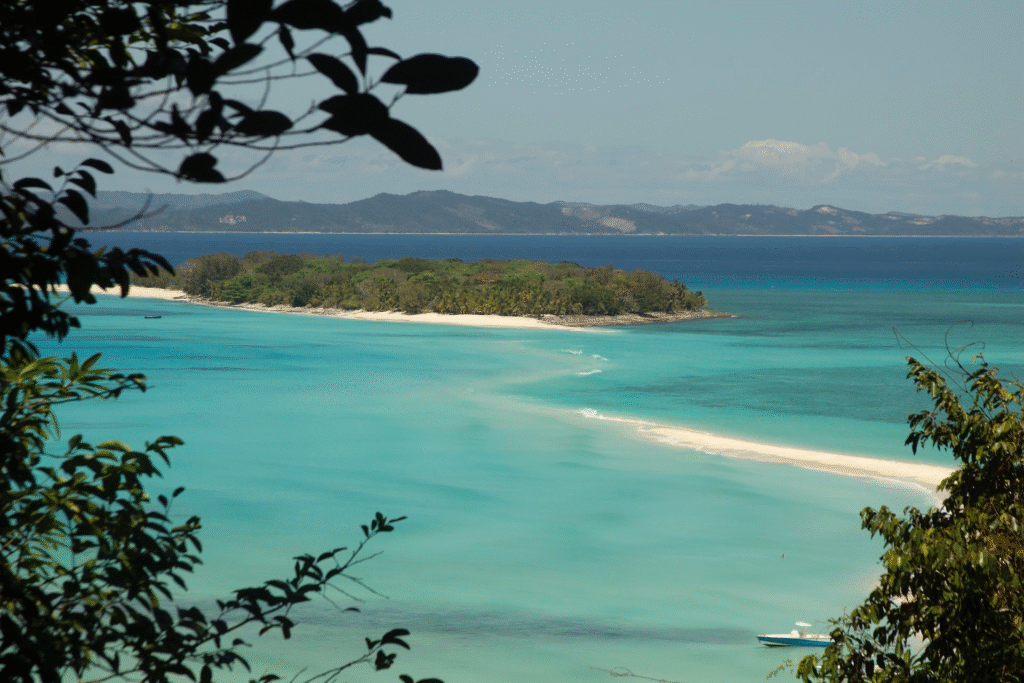
Bazaruto (Mozambique)
Mozambique’s Bazaruto Island, the crown jewel of a five-island archipelago, offers sweeping sand dunes, turquoise lagoons, and one of East Africa’s most biodiverse marine parks.
The island is home to dugongs, five species of sea turtles, and rare guitarfish, making it a global draw for divers.
Luxury stays at Bazaruto Island Resort provide activities like dhow sailing, sandboarding, and guided safaris, balancing high-end travel with wild natural beauty.
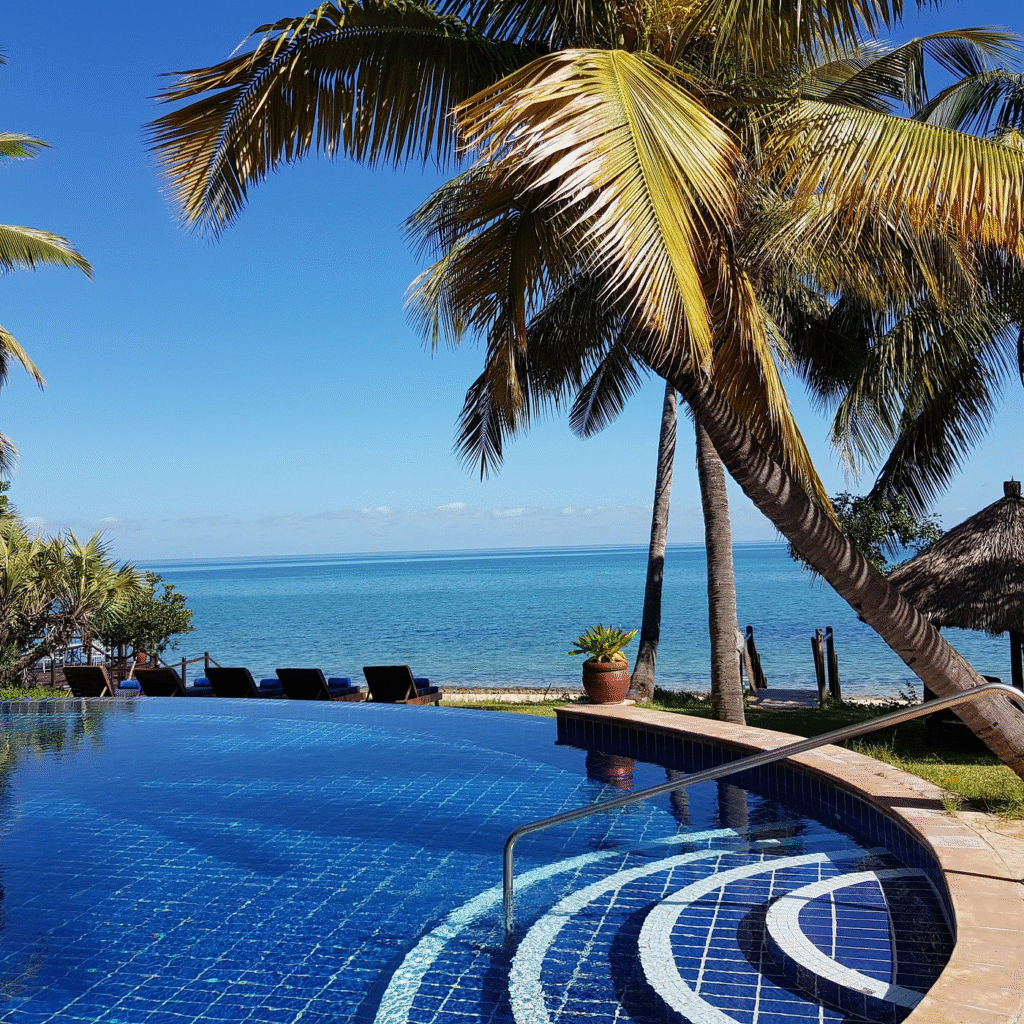
Lamu (Kenya)
On Kenya’s northeast coast, Lamu Island is a living showcase of Swahili culture.
Ancient mosques, dhow-filled harbors, and centuries-old architecture define the UNESCO World Heritage-listed town.
Visitors can stroll through Shela village to reach secluded beaches, or cross the channel to explore the 15th-century ruins of Takwa.
Chic stays like Lamu House and the beachfront Kizingo Eco Lodge immerse travelers in both culture and coastal serenity.
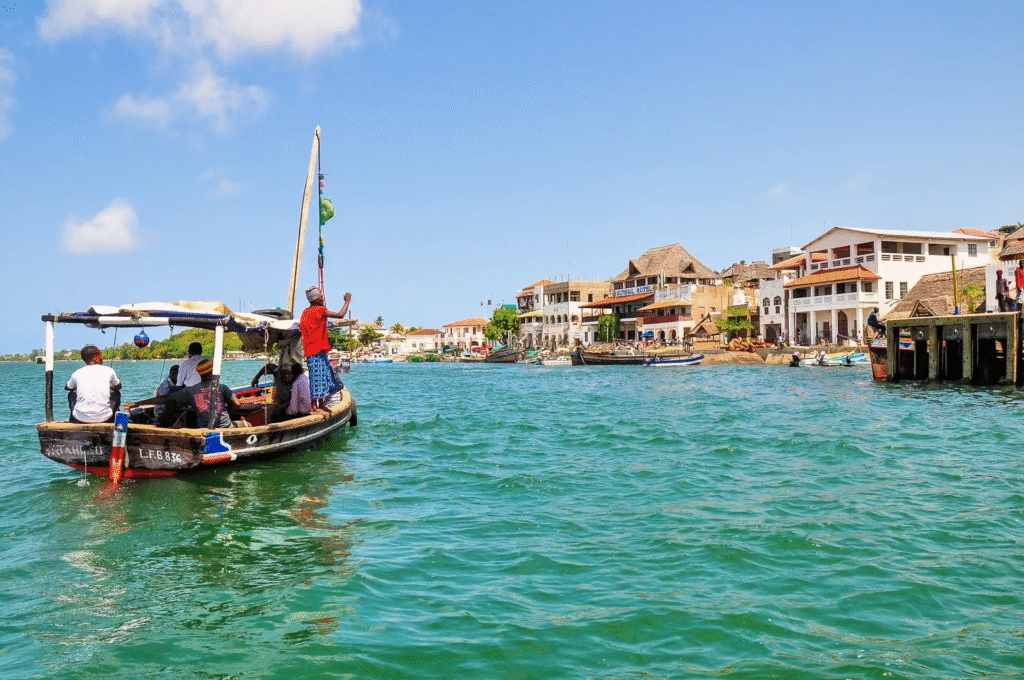
Fogo (Cape Verde)
With its active volcano Pico do Fogo towering over black-sand beaches and lava landscapes, Cape Verde’s Fogo Island is a destination for adventure seekers.
Travelers can trek to the summit with local guides or wander São Filipe’s cobblestone streets, where colonial-era mansions reflect Cape Verde’s Portuguese past.
Boutique stays like Hotel Savana and Casa Marisa in the volcanic caldera combine rustic charm with dramatic views.
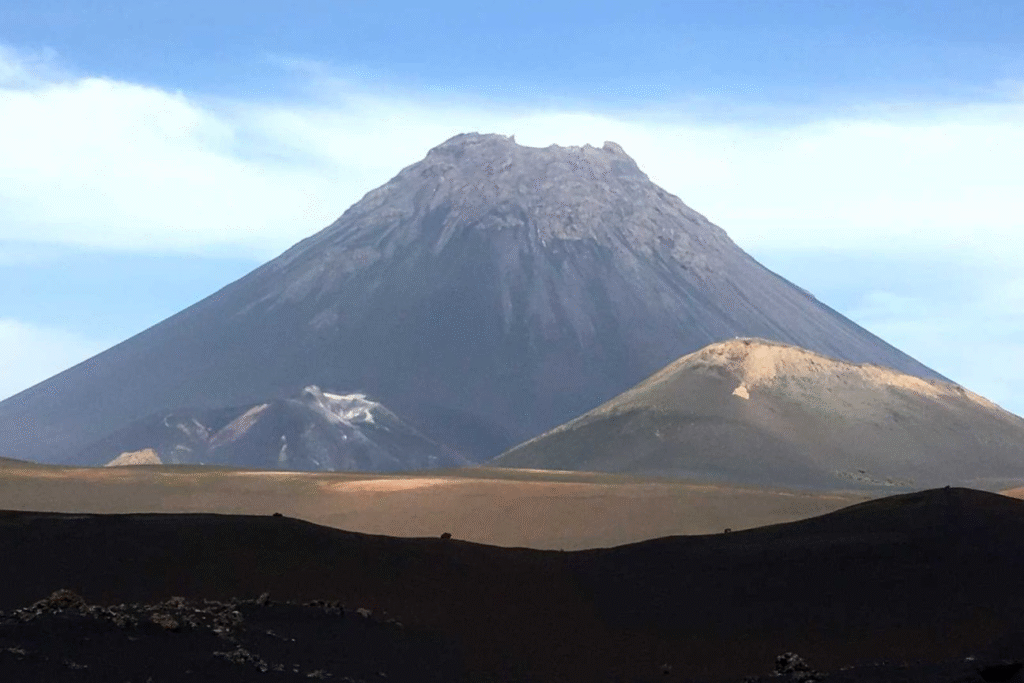
Réunion (French Overseas Territory)
Blending French sophistication with Indian Ocean landscapes, Réunion is both tropical and cosmopolitan.
With over 20 miles of beaches — from the bustling Plage de L’Hermitage to the secluded black sands of Etang Sale — the island caters to every type of traveler.
Beyond the coast, rugged volcanic trails and Creole music scenes enrich the experience, while stays at the Blue Margouillat showcase French-Caribbean-inspired hospitality.
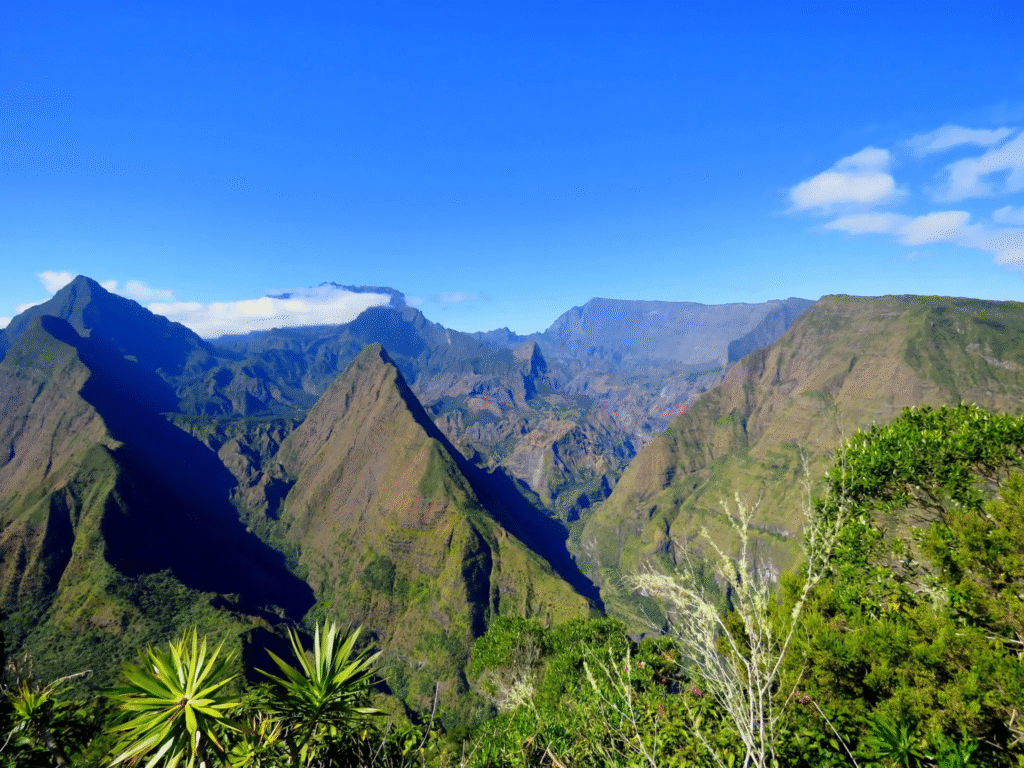
Elephantine (Egypt)
Nestled in the Nile at Aswan, Elephantine Island bridges Egypt’s ancient past with its present.
Visitors can explore temples dating back to 3200 BCE, a stone nilometer once used to measure Nile floods, and Nubian-style museums preserving local traditions.
Modern hotels like the Mövenpick Aswan Resort complement the island’s old-world charm, offering tranquil views of feluccas sailing against Aswan’s skyline.
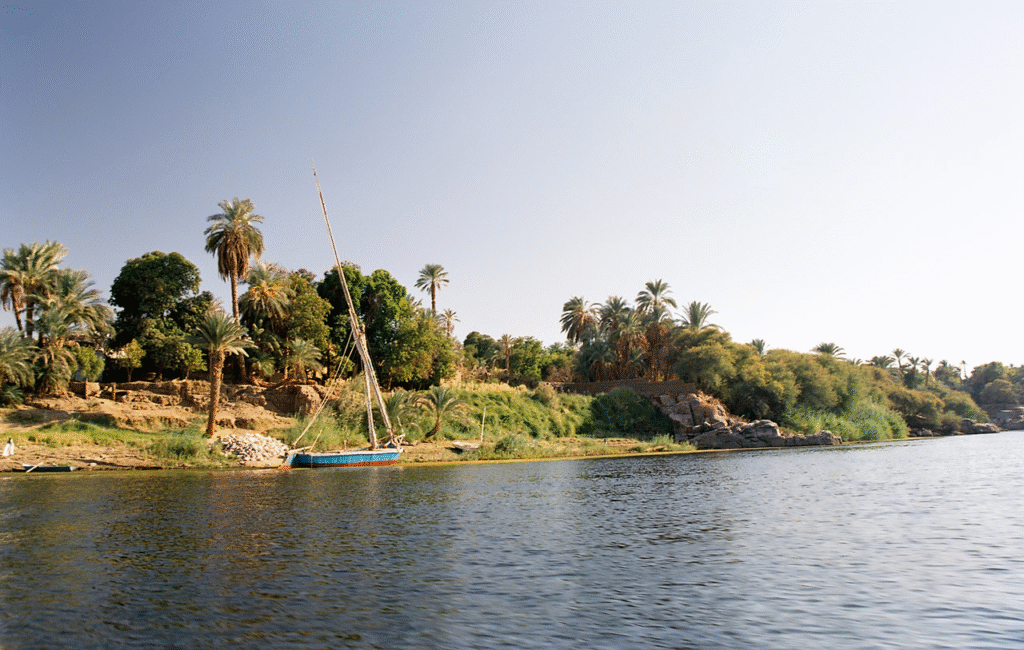
Bissagos Islands (Guinea-Bissau)
Africa’s most under-the-radar island chain, the Bissagos Archipelago, is a UNESCO Biosphere Reserve teeming with mangroves, tropical forests, and rare ocean-going hippos.
With 88 islands to explore, it is a paradise for birdwatchers and eco-travelers.
Accommodations remain minimal — limited to eco-lodges like Cajou Lodge and Ponta Anchaca — preserving the remote, untouched feel of this West African frontier.
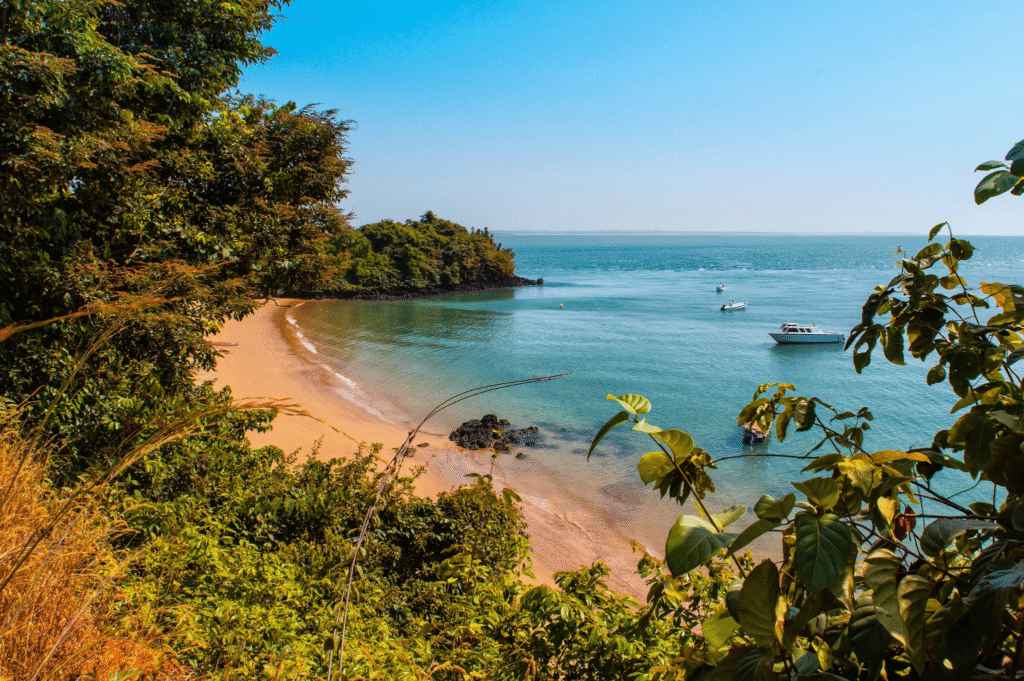
Pemba (Tanzania)
Often overshadowed by Zanzibar, Pemba Island is a diver’s dream.
Its coral gardens, sheer underwater walls, and encounters with humpback whales between July and August make it one of Africa’s top dive sites.
Resorts like Manta Resort partner with PADI-certified operators such as Afro Divers, ensuring unforgettable underwater experiences.
On land, Pemba’s palm-shaded beaches remain blissfully uncrowded, perfect for travelers craving solitude.
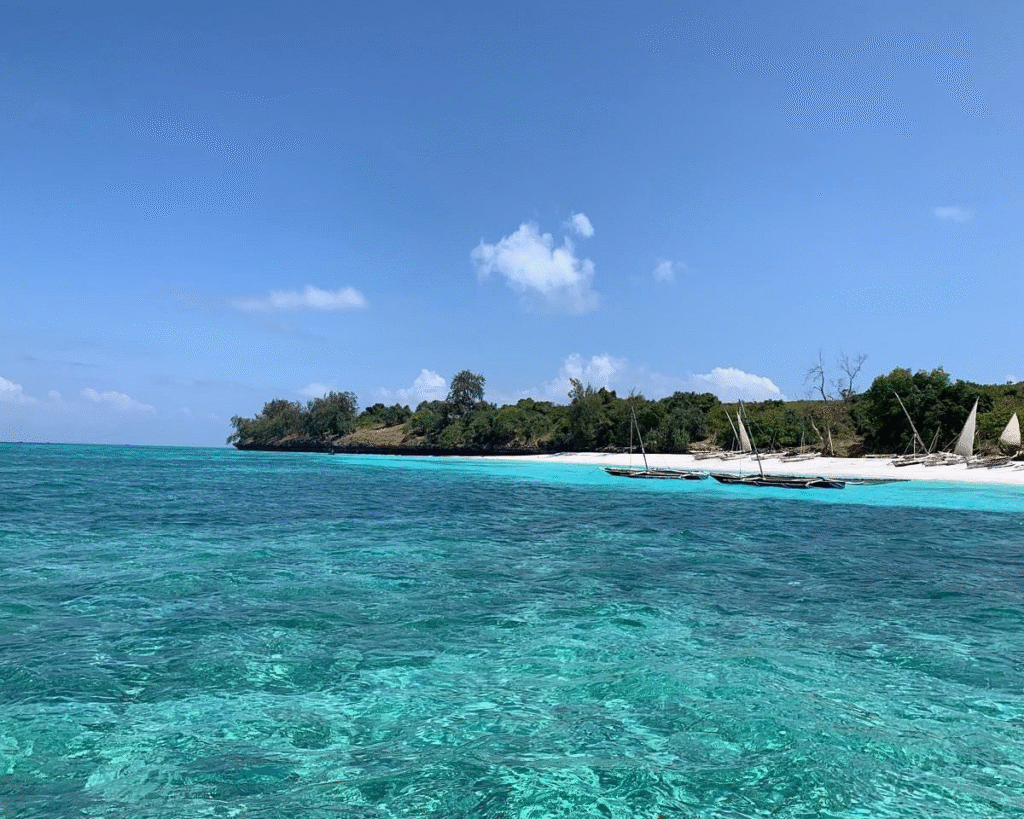
Africa’s lesser-known islands are more than hidden getaways — they’re destinations that redefine luxury, sustainability, and authentic travel experiences.
From Madagascar’s Nosy Be to Tanzania’s Pemba, each offers untouched beauty, cultural depth, and adventures far from the tourist trail.
For modern travelers seeking exclusivity, these islands prove that Africa remains one of the world’s most extraordinary frontiers.

